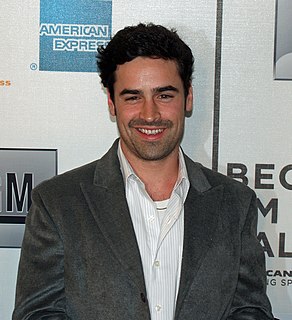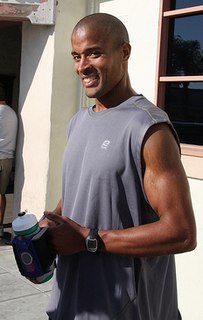A Quote by John Fowles
On the whole, dialogue is the most difficult thing, without any doubt. It's very difficult, unfortunately. You have to detach yourself from the notion of a lifelike quality. You see, actually lifelike, tape-recorded dialogue like this has very little to do with good novel dialogue. It's a matter of getting that awful tyranny of mimesis out of your mind, which is difficult.
Related Quotes
Even though you try very hard, the progress you make is always little by little. It is not like going out in a shower in which you know when you get wet. In a fog, you do not know you are getting wet, but as you keep walking you get wet little by little. If your mind has ideas of progress, you may say, 'Oh, this pace is terrible!' But actually it is not. When you get wet in a fog it is very difficult to dry yourself.
Reading aloud sounds like a good idea, but honestly, it doesn't work very well. Good dialogue in a book doesn't actually bear much resemblance to real-life dialogue. For example, if you've ever seen a word-for-word transcript of people talking, it doesn't read off the page very well. The trick is to make it *seem* like it's being spoken, not to make it speakable.
Rather than make claims of final theories, perhaps we should focus on our ever-continuing dialogue with the universe. It is the dialogue that matters most, not its imagined end. It is the sacred act of inquiry wherein we gently trace the experienced outlines of an ever-greater whole. It is the dialogue that lets the brilliance of the diamond’s infinite facets shine clearly. It is the dialogue that instills within us a power and capacity that is, and always has been, saturated with meaning.
I hate it when I'm reading a comic, and the dialogue looks like stickers stuck on top to explain what's going on. For me the best is when your eye goes in a certain point and moves through the composition and then springs out on the dialogue, or gets confused in the image and then goes to the dialogue for an explanation.
Taking a comic strip character is very hard to write. Because comics are meant to work in one page, to work in frames with minimalistic dialogue. And a lot of it is left to the imagination of the reader. To do that in film, you've got to be a little more explanatory. And that requires a good screenplay and good dialogue.






































